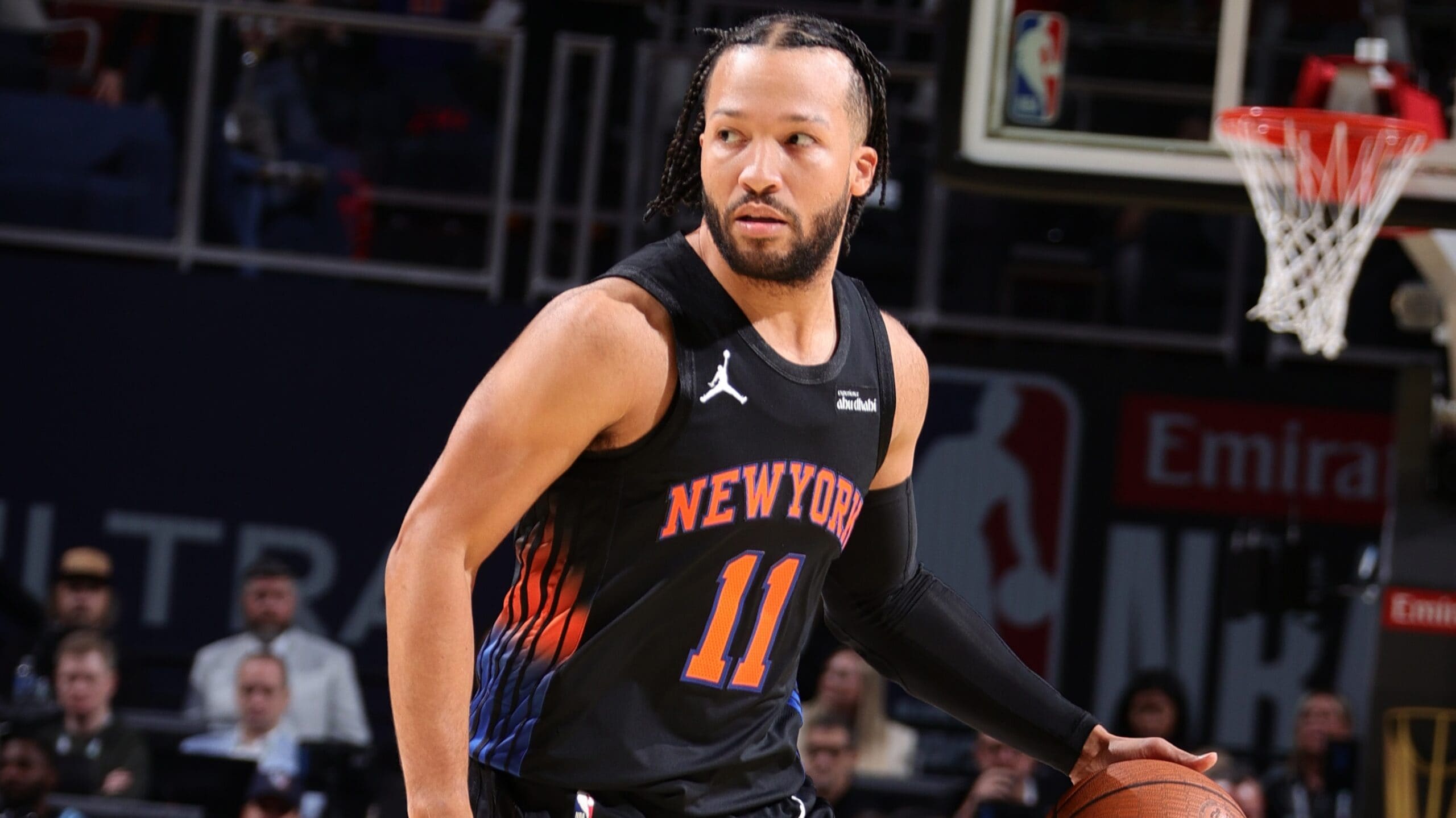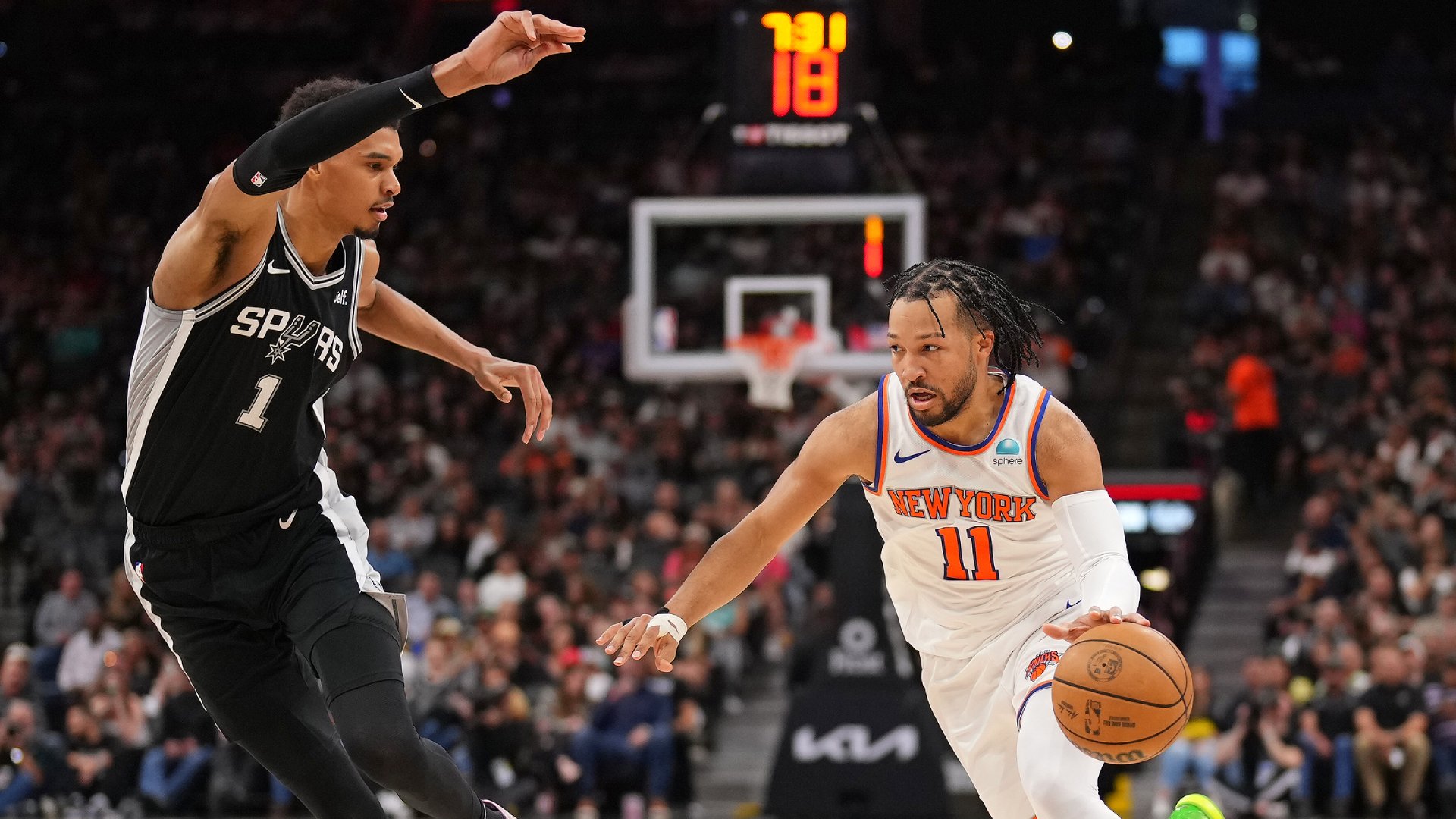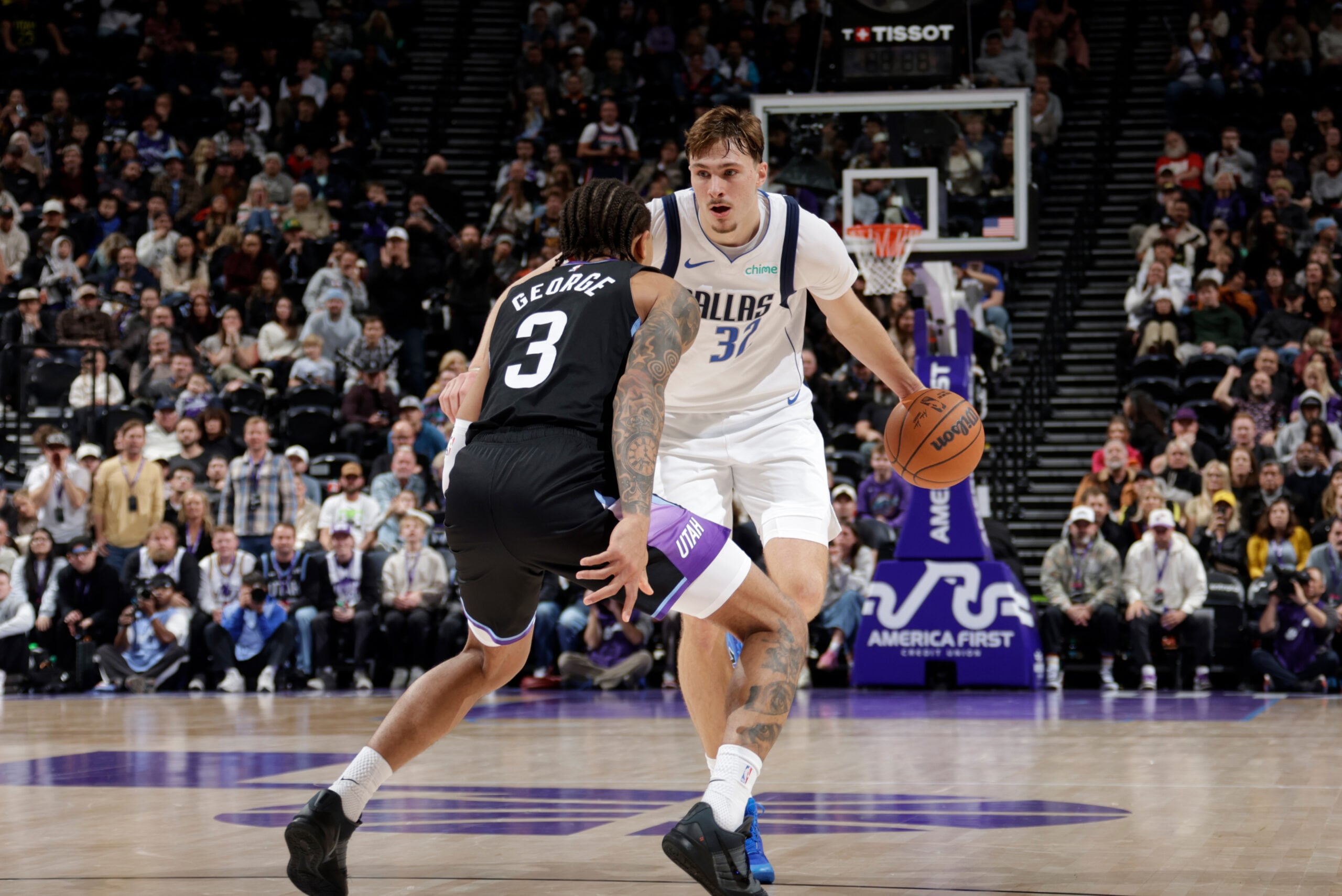MINNEAPOLIS (AP) — Kevin Garnett has decided to retire after 21 seasons in the NBA, leaving a legacy as one of the best defensive players in league history and one of the game’s most influential and intense competitors.
Garnett posted a video on his Instagram account on Friday, saying “farewell” and “thank you for the journey.” He narrates the short, black-and-white video that shows him walking alone through Target Center with sunglasses on.
“I’m just thankful. I can’t even put that into words,” Garnett says. “I’m just thankful. I’m just thankful for everybody and the love. I never would have thought that people love me like this. But, for it to be reality is just something else, man. Man.”
Garnett informed the Timberwolves of his decision to retire on Friday. The team will waive the franchise icon, which will allow him to collect his entire $8 million salary for next season. That is the same approach the San Antonio Spurs took with Tim Duncan.
“I’m proud of our association with Kevin, just seeing him grow over the years,” Wolves owner Glen Taylor told The Associated Press. “I wish him the very best in the future and want to thank him, along with our fans, for the great memories that he has given us.”
The 40-year-old Garnett put the Timberwolves on the map by turning one of the most hapless franchises in professional sports into a perennial playoff team. He later helped return the Boston Celtics to glory.
He came into the league straight from high school in 1995, the first player to do so in two decades. The decision was considered a risk at the time, but Garnett’s success paved the way for Kobe Bryant, LeBron James and Tracy McGrady to follow him. Garnett also made more than $330 million in his career, the most by any player in league history.
Garnett departs as one of the league’s elder statesman. He won the MVP in 2004 after leading the Timberwolves to the Western Conference finals and later teamed with Paul Pierce and Ray Allen to revive the Boston Celtics as an Eastern Conference power. He spent a forgettable season and a half with the Brooklyn Nets before the late Flip Saunders convinced Garnett to agree to a trade to return to Minnesota at the deadline in 2015.
When Garnett first arrived in Boston, then-coach Doc Rivers remembered thinking “No one can be this intense. No one can be this professional. No one can be this bought in to their team.
“I thought in Boston he just changed our culture. He literally changed our culture. You look at all the things he stands for. He follows through on all of them.”
During his second stint with the Wolves, he served as a mentor to youngsters like Karl-Anthony Towns, Andrew Wiggins, Gorgui Dieng and Zach LaVine, instilling in them a sense of intensity and professionalism that helped lay the foundation for what the team hopes is a breakout year for the upcoming season.
“I wish him the very best in the future and want to thank him, along with our fans, for the great memories that he has given us.” — Wolves owner Glen Taylor
Garnett had contemplated returning for a 22nd season, which no player has ever done. But knee issues limited him to just 85 games over the last two seasons, and after Saunders died from Hodgkin’s lymphoma before last season, Garnett lost the man he trusted most in the organization.
Garnett spoke often of his desire to one day get into ownership with the Wolves, but it remains unclear if that door is still open after Saunders’ passing.
He was a skinny 7-footer with a bright smile and a versatile game when the Timberwolves took a chance and plucked him out of Chicago’s Farragut Academy with the fifth overall pick. His success opened the door for a new generation of teenagers to pour into the NBA.
Some of them, like James, Bryant and Jermaine O’Neal were wildly successful. Others like Korleone Young, Kwame Brown and Eddy Curry flamed out. The influx of youth into the league prompted the NBA to adopt a rule that required players to play at least one year of college, and that wasn’t the only major change brought about in part by Garnett.
Through his basketball career, Garnett insisted on being listed at 6-foot-11 even though he was at least two inches taller. He didn’t want to be pigeon-holed as a big man that needed to stay around the basket when he was so much more. Known as the “Big Ticket,” Garnett could handle the ball, shoot it from outside, take an opponent off the dribble and post up as well while being able to guard all five positions.
He was one of five players to play at least 50,000 minutes and his practice habits are the stuff of legend.
“We going to be all right, man,” Garnett says in the video. “I don’t expect this to be easy. But so far so good. Stay tuned.”






